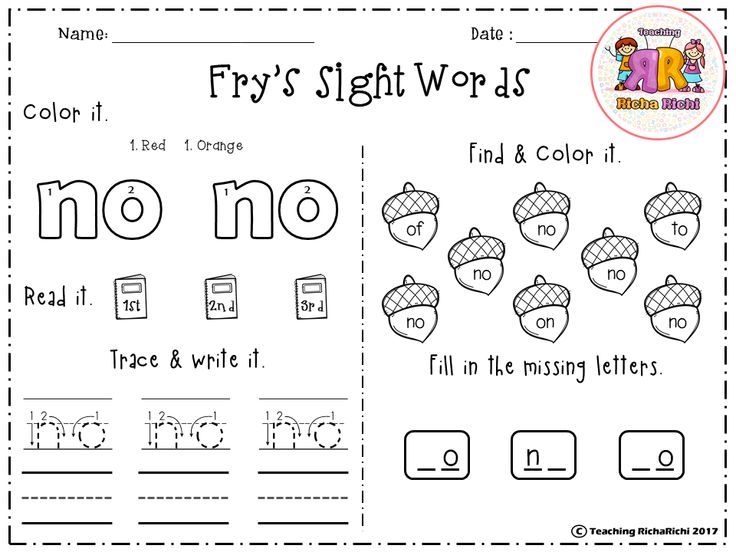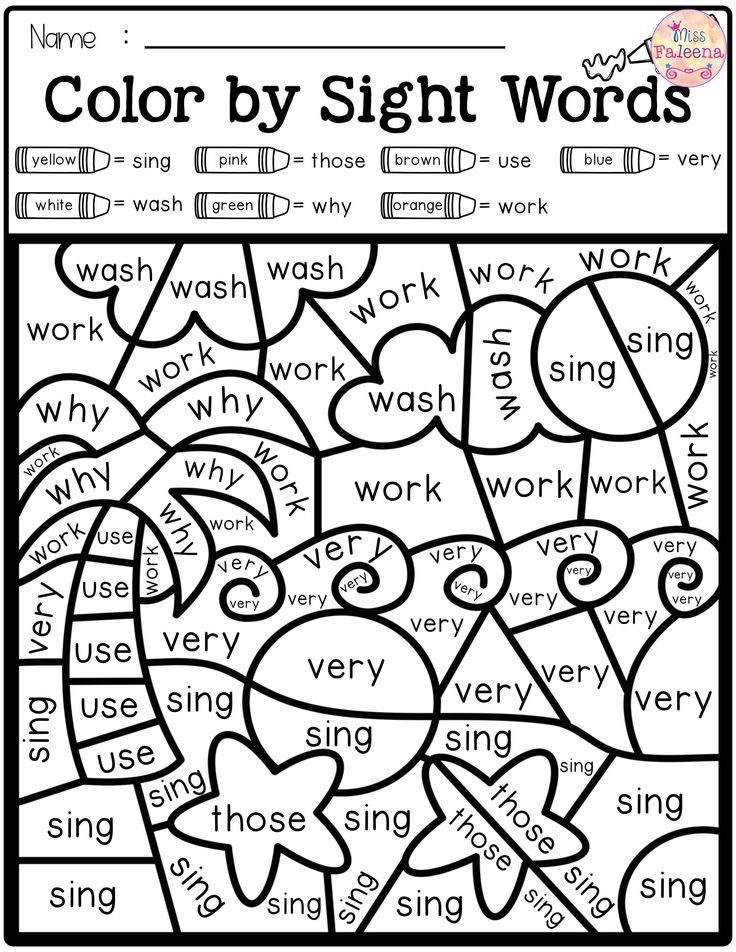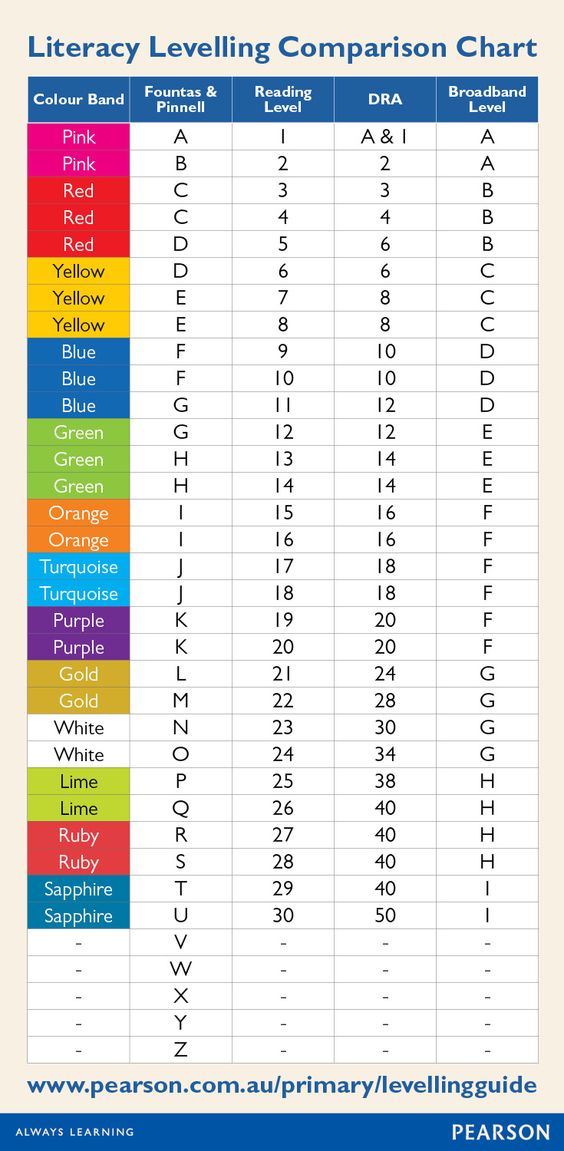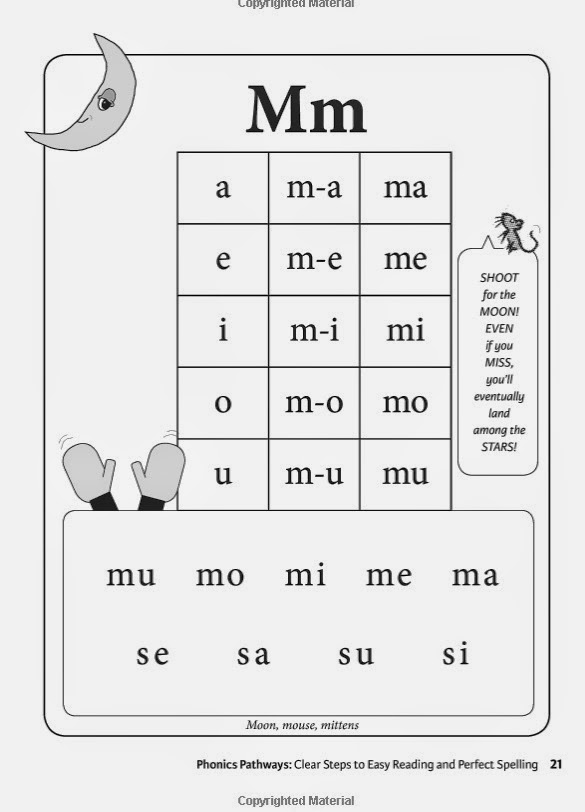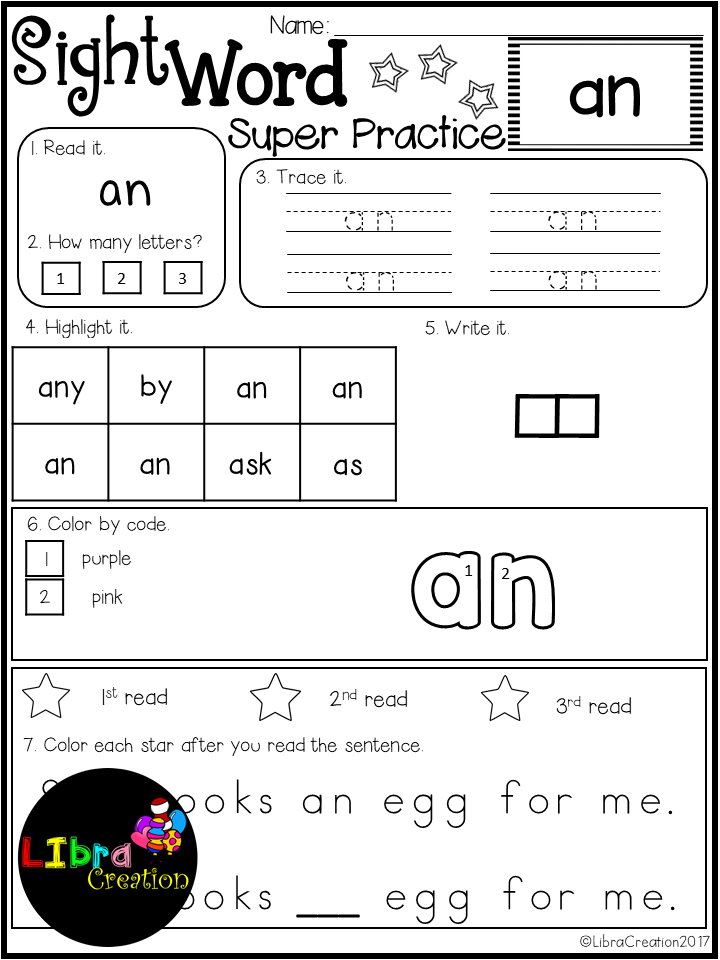Benchmark reading levels
Reading Level Conversion Chart, Leveled Books
Use the Interactive Reading Level Conversion Chart below to browse books. Click on the category or level for an initial list, and then refine your list by selecting other criteria.
| Extensive Support for Developing Readers
CONVERSION GUIDE |
|||||
| Developmental Category | Letter Level | Number Level | Grade Level | Lexile® Level Range | |
| Emergent | AA | 1 | PreK-K | BR40L*-230L | |
| A | 1 | K | |||
| B | 2 | ||||
| C | 3,4 | ||||
| Emergent/
Early |
D | 5,6 | |||
| E | 7,8 | 1 | 190L-530L | ||
| Early | F | 9,10 | |||
| G | 11,12 | ||||
| H | 13,14 | ||||
| I | 15,16 | ||||
| Early/
Fluent |
J | 17,18 | |||
| K | 19,20 | 2 | 420L-650L | ||
| L | 24 | ||||
| M | 28 | ||||
| Fluent | N | 30 | 3 | 520L-820L | |
| O | 34 | ||||
| P | 38,40 | ||||
| Q | 40 | 4 | 740L-940L | ||
| R | 40 | ||||
| S | 40,50 | ||||
| T | 40,50 | 5 | 830L-1010L | ||
| U | 50 | ||||
| V | 50,60 | ||||
| Advanced
Fluent |
W | 50,60 | 6 | 925L-1070L | |
| X | 70 | ||||
| Y | 70,80 | ||||
| Z | 80 | 7-8 | 970L-1185L | ||
| MATCHING ELL TEXTS TO STUDENT LANGUAGE-ACQUISITION LEVELS | |||||
| ELL TEXT LEVEL | GRADE 3 STUDENTS | GRADE 4 STUDENTS | GRADE 5 STUDENTS | GRADES 6-8 STUDENTS | GRADES 9-12 STUDENTS |
| 1 | TESOL*1 • WIDA**1 | ||||
| 2 | TESOL 2 • WIDA 2 | TESOL 1 • WIDA 1 | |||
| 3 | TESOL 3 • WIDA 3 | TESOL 2 • WIDA 2 | |||
| 4 | TESOL 4 • WIDA 4-5 | TESOL 3 • WIDA 3 | TESOL 2 • WIDA 2 | ||
| Literacy Leveled Texts | TESOL 5 • WIDA 6 | TESOL 4-5 • WIDA 4-6 | TESOL 3-5 • WIDA 3-6 | ||
|
*TESOL (Teachers of English to Speakers of Other Languages) |
|
**WIDA (World-Class Instructional Design and Assessment) |
At Benchmark Education Company, we recognize that any gradient is fallible because a book’s level of difficulty will vary among districts and schools, and from student to student. We recommend that teachers make careful decisions in selecting leveled texts for students and consider the student’s current literacy behaviors and his/her prior knowledge of the content being presented.
If prior knowledge of the topic is a limitation, the designated reading level of the text may need to be altered. We encourage teachers to confer with one another as they establish a schoolwide book room and develop a sensitivity to appropriate text levels for their school population.
Please note that the grade levels assigned to letter and number levels on this chart reflect ideal expectations only. Students’ actual reading levels may vary more widely.
Benchmark Passages | Assessments | Reading A-Z
- English
- Spanish
Target students' instructional needs by assessing their reading skills with developmentally appropriate texts while recording reading behavior. Benchmark Passages are short text selections that are one part of a three-part process to provide effective reading instruction for students and to assess their readiness to progress to more difficult text.
Benchmark Passages are short text selections that are one part of a three-part process to provide effective reading instruction for students and to assess their readiness to progress to more difficult text.
- Assign and listen to recordings of Benchmark Passages and Books.
- Score recordings using an online running record tool.
- More About Benchmark Passages
Showing 116 of 116 Passages
The Animals in Summer
Animals have sun, grass, and mud in summer. Nonfiction, Lexile BR60L
-
Printable PDF Projectable
Assessment Passage -
Printable PDF
Running Record
My Animals
A child lists his favorite stuffed animals. Fiction, Lexile BR40L
Fiction, Lexile BR40L
-
Printable PDF Projectable
Assessment Passage -
Printable PDF
Running Record
The Spring Day
Children enjoy spring weather. Nonfiction, Lexile BR10L
Nonfiction, Lexile BR10L
-
Printable PDF Projectable
Assessment Passage -
Printable PDF
Running Record
The Little House
A child plays with a doll house. Fiction, Lexile BR80L
Fiction, Lexile BR80L
-
Printable PDF Projectable
Assessment Passage -
Printable PDF
Running Record
Here is a Number
Here are numbers 1-7. Nonfiction, Lexile BR110L
Nonfiction, Lexile BR110L
-
Printable PDF Projectable
Assessment Passage -
Printable PDF
Quick Check -
Printable PDF
Running Record
He Has Two
A man has two of a number of things. Fiction, Lexile BR10L
Fiction, Lexile BR10L
-
Printable PDF Projectable
Assessment Passage -
Printable PDF
Quick Check -
Printable PDF
Running Record
This Plane
A plane moves in different ways. Nonfiction, Lexile BR90L
Nonfiction, Lexile BR90L
-
Printable PDF Projectable
Assessment Passage -
Printable PDF
Quick Check -
Printable PDF
Running Record
Three Birds
Three birds show different positions related to a birdhouse. Fiction, Lexile BR90L
Fiction, Lexile BR90L
-
Printable PDF Projectable
Assessment Passage -
Printable PDF
Quick Check -
Printable PDF
Running Record
Big and Little
Many things are big and little. Nonfiction, Lexile BR20L
Nonfiction, Lexile BR20L
-
Printable PDF Projectable
Assessment Passage -
Printable PDF
Quick Check -
Printable PDF
Running Record
Ted Sees a Pond
While on a walk, Ted and his dog see a pond and the things that live there. Fiction, Lexile 40L
Fiction, Lexile 40L
-
Printable PDF Projectable
Assessment Passage -
Printable PDF
Quick Check -
Printable PDF
Running Record
Near the Pond
Many animals are near the pond. Nonfiction, Lexile BR50L
Nonfiction, Lexile BR50L
-
Printable PDF Projectable
Assessment Passage -
Printable PDF
Quick Check -
Printable PDF
Running Record
We Read About Animals
A child and an adult read a book about some animals. Fiction, Lexile 50L
Fiction, Lexile 50L
-
Printable PDF Projectable
Assessment Passage -
Printable PDF
Quick Check -
Printable PDF
Running Record
Explanatory memo
Reading as a type of speech activity requires a special approach to assessing the quality of knowledge, skills and abilities of students in elementary school.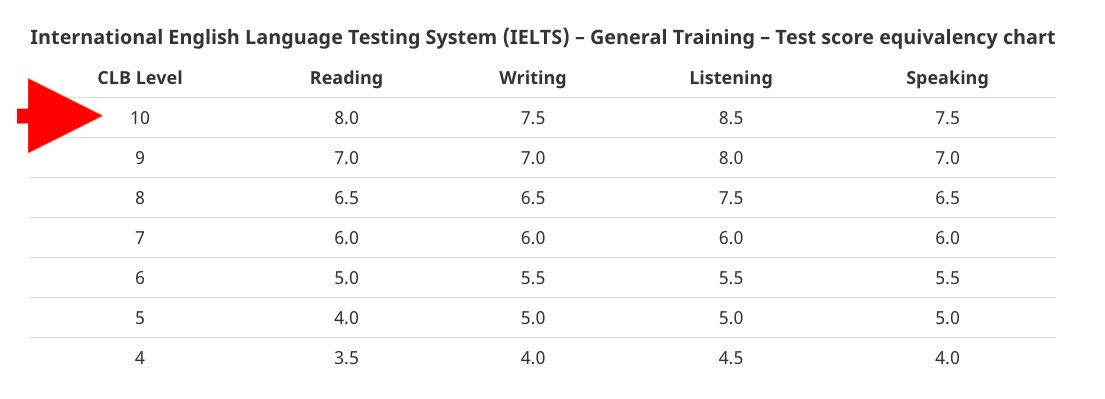 Suggested tests are exemplary and are chosen by the teacher based on the level of formation reading skills not only of the class as a whole, but also of each student individually, but also taking into account the requirements of variable copyright programs.
Suggested tests are exemplary and are chosen by the teacher based on the level of formation reading skills not only of the class as a whole, but also of each student individually, but also taking into account the requirements of variable copyright programs.
Individual test of reading skill (reading aloud) gives the teacher has a fairly complete picture of the level of formation of this skills in younger students. Students are encouraged to read aloud unfamiliar text accessible by content. The teacher by fixing admitted reading errors, determining the number of unreasonable pauses, the time spent for reading, answers to the questions posed, assesses the level of mastering the skill reading by students.
This a collection of texts was compiled to help the teacher. Often when checking equipment Reading has a problem when selecting text. Therefore, when choosing material, I focused on the different level of preparation of the class and each student in separately. Texts can also be used for preliminary preparation for control check of reading technique. Questions are given at the end of each piece. and tasks that allow you to check not only the speed of reading, but also to find out how much the student understood the meaning of the work.
Questions are given at the end of each piece. and tasks that allow you to check not only the speed of reading, but also to find out how much the student understood the meaning of the work.
Norms of Reading technique
Mandatory level:
1 quarter-65 words
2 quarter-70 words
3 quarter-75 words
4 quarter-80 words
9000
Possible level :
1 quarter-75 words
2 quarter-80 words
3 quarter-85 words
4 quarter-90 words
3
0002
1 quarter
Level 1
ANIMAL FRIENDS.
October Seryozha and Vitya were fishing from a boat in a forest river. Vitya threw a fishing rod and froze from amazement.
By river squirrels swam. The animals tried to swim across the river. But a strong current carried them away from coast. The squirrels began to sink.
The squirrels began to sink.
Boys decided to help the animals. With nets and hands they caught squirrels. Passengers boldly sat in the boat.
Boat filled up. Vitya moored to the shore. The squirrels quickly rushed into the forest. More than an hour the boys labored until they caught the squirrels from the water.
Guys helped animals escape hunger. After all, the squirrels went to look for other forests, where in this year, a lot of nuts, cones, acorns were born.
(G. Skrebitsky)
(90 words)
Questions and assignments:
1. What surprised the boy while fishing?
2. What caused the squirrels to drown?
3. How did the boys help save the animals?
Level 2
WHAT THERE IS DEW ON THE GRASS.
When on a sunny morning, in summer, If you go into the forest, then in the fields, in the grass, diamonds are visible. All these diamonds are shining shimmer in the sun in different colors - and yellow, and red, and blue. When come closer and see what it is, you will see that it is dew drops gathered in triangular sheets of grass and glisten in the sun.
When come closer and see what it is, you will see that it is dew drops gathered in triangular sheets of grass and glisten in the sun.
The leaf of this grass is shaggy and fluffy inside, like velvet. And the drops roll on the sheet and do not wet it.
When you inadvertently tear off a leaf from dewdrop, then the drop will roll down like a ball of light, and you will not see how slip past the stem. It used to be that you would tear off such a cup, slowly bring it up to your mouth and drink a dewdrop; and this dewdrop seems to be tastier than any drink.
(L. Tolstoy) (115 words)
Questions and assignments:
1. Tell me where and when you can see dew.
2. What does she look like?
3. Why does this dewdrop seem tastier than any drink?
FROG AND DUCKS .
Many years ago two Ducks and one Frog were in great friendship with each other. But then the day came when the lake was not enough water, and the Ducks decided to move to another place. The Frog found out about this and became ask her friends to take her with them: she is so used to them that even considers himself one with them. The ducks agreed to fulfill the request of the Frog. They found a plank, put the Frog on it and, taking the plank with their paws for both end, fly. The frog was strictly ordered not to screamed.
They flew over one aul. frog thirsty, and she croaked. The people of the village heard the croaking and began to look up. And when they saw the Ducks, they raised a fuss, began to throw stones at them. Frightened Ducks scattered in different directions and dropped the Frog.
(Kazakh folk tale) (129 words)
Questions and tasks:
1. Why did the ducks decide to move to another place?
2. In what way did the Ducks decide to transport the Frog?
3 Why did the Frog violate the order of the Ducks?
Level 3
GOLDEN MEADOW
golden from many blooming dandelions. It was very beautiful. All They said: “Very nice! The meadow is golden.
One day I got up early to fish and noticed that the meadow was not gold and green. When I returned home about noon, the meadow was again all gold. I began to observe. By evening the meadow turned green again. Then I went found a dandelion, and it turned out that he squeezed his petals, as if if our fingers were yellow on the side of the palm and, clenching our fists, we would close yellow. In the morning, when the sun rose, I saw dandelions open their palms, and from this the meadow becomes golden again.
Since then, dandelion has become one of the most interesting for us flowers, because dandelions went to bed with us children, and with we got up.
( M. Prishvin )
( 140 words )
Questions and tasks:
1. Why was the meadow called golden?
2. At what time of the day did the meadow turn green?
3. Why dandelion has become one of the most interesting colors?
HOW THE BADGER AND THE MARTEN WERE SUITABLE
forest path and saw a piece of meat. They ran to their find.
- I found a piece of meat! - shouting badger.
– No, I found a piece of meat! - shouts to the whole forest marten.
Badger own:
- I found this! Nothing to argue!
Marten:
- I saw it first!
So they argued and argued, almost tore themselves apart.
Then the badger said:
– Let's go to the judge. Let us judge judge.
And the fox was the judge in this forest. listened to fox badger and marten and says:
- Give me your find here.
The debaters gave the judge a piece of meat. The fox said:
- We need to divide this piece into two equal parts. Let the badger take one part, and the marten the other.
With these words, the fox tore the piece into two pieces.
– It’s not fair, whined badger.
- The marten has a larger piece.
– We will correct this trouble now, – said the cunning fox and bit off a fair amount of meat from the marten's share.
- Now the badger has a larger piece, - screamed the marten.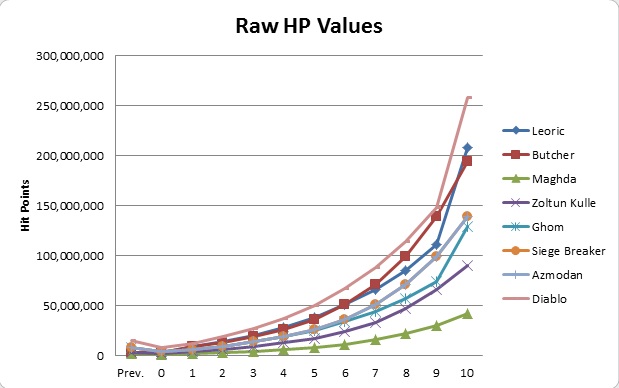
- It's not fair!
– Never mind, we will fix this problem too! I I like everything to be fair.
Having said this, the fox again bit off a piece of meat, only this time from the share of the badger. Now it turned out that the marten had a piece larger than the badger. But the fox is not confused and bit off a piece of marten.
And so she leveled the piece until there was nothing from the find left.
Apparently, smart people tell the truth: greedy and uncompromising always at a loss there are.
( 226 words )
Questions and tasks:
1. Where, Where does the events described in the text take place?
A) In the meadow;
B) in the forest;
B) in the field;
D) in the village.
2. Due to Why do animals have a dispute?
A) They did not know how to share the find;
B) were afraid to deprive each other;
C) found out who found the piece of meat.
3. Identify what meaning does the author put into the expression almost torn ?
A) Nearly torn to pieces;
B) nearly got into a big fight;
C) almost made a hole.
4. Who held judgment in this forest?
A) Fox;
B) bear;
C) wolf.
5. What the definition given to the fox in this text?
A) sly;
B) cheat;
C) a red-haired robber.
6. What human vice condemns the people in this work?
A) Greed;
B) cunning;
C) cowardice.
2nd quarter
Level 1
BELA AND WOLF.
The squirrel jumped from branch to branch and fell right on sleepy wolf. The wolf jumped up and wanted to eat her.
Squirrel began to ask:
- Let me go.
The wolf said:
- All right, I'll let you in, just tell me why you squirrels are so cheerful. to me it's always boring, but you look at you - you're all playing and jumping up there.
The squirrel said:
- Let me go up the tree first, and from there I'll tell you, otherwise I'm afraid of you. Wolf let him go, and the squirrel went up the tree and said from there:
- You are bored because you are angry. Anger burns your heart. And we are happy because that we are kind and do no harm to anyone.
( L. Tolstoy)
(103 words)
Questions and assignments:
1. What story happened to the squirrel?
2. What question tormented and tormented the wolf?
3. What did the squirrel answer him?
4. What feelings did the forest animals experience, the squirrel and the wolf, when did you meet in the forest?
SWORD AND ROSE.
Somehow the Sword and the Rose argued. The sword said:
- I am stronger! I will not be bent by the most evil hurricanes and storms. And you are weak and thin. You will quickly disappear!
- Why do you offend me so? Rose said. - Because I'm like that. gorgeous!
- Because I'm like that. gorgeous!
- What's the use of your beauty? – observed Sword with mockery.
At that moment, an old man appeared on the road, and Rose said to the Sword:
- Let's ask the old man!
The sword agreed and asked the Sage:
- Judge us, tell me, in whom is more useful for a person - in a sword or in rose?
The sage thought for a moment and said this:
- A person on earth needs both a rose and a sword together. The sword protects him from dangers, but the rose brings joy to the human heart.
The Sword and Rose rejoiced at what the Sage said and stopped argue.
(123 words)
Questions and tasks:
1. Why The sword was so dismissive of the lush Rose?
2. How did the Sage judge the dispute between the Sword and the Rose?
3. Read the most important words of the text. How do you understand them?
Level 2
UNCLE AU.
Second story "Mr.
 Au and the sick tree".
Au and the sick tree". Uncle Au woke up cheerful in the morning.
He looked out the window. A yellow leaf flew past the window. Mr. Au shuddered.
"What? The apple tree must be sick. Every autumn, this tree loses its leaves. I have to help him."
He found in the drawers a band-aid, a needle, thread, scissors, grandfather's medicine for cough and baldness and went outside.
It was surprisingly light outside. Yellow leaf caught on a thorn roses. Under the apple tree lay other yellow, red leaves.
Uncle Au brought a ladder and carefully climbed it. He glued the leaves with a plaster, sewed them to the branches, wrapped them with threads and dyed into green. Then he poured all the medicines on the roots of the tree and returned home.
"Good for me!" Uncle praised himself.
He even wrote a poster on a piece of paper: "THE WOOD TO BE GREEN!" - and walked with this poster around the apple tree until it got dark.
By evening he was so tired that he went to bed. He lay and dreamed: "If the tree will be with leaves all winter, then I will have winter apples".
He lay and dreamed: "If the tree will be with leaves all winter, then I will have winter apples".
He was pleased with himself, Mr. Au!
( H. Mäkelya, E. Uspensky )
( 160 words )
Questions and tasks:
1. What do you think, who is Mr. Au, or Uncle Au? Describe it.
2. What did you find amusing about his behavior?
3. Find and read Uncle Au's slogan. What a noble feeling he put into your slogan?
4. What regularity in nature was this fairy-tale hero trying to prove? How will his idea run out?
5. We advise you to read this interesting book.
Level 3
PUZZLE.
The weather was terrible. The last darkened autumn puddles. A pensive sparrow stood near a puddle. He is so tense thought his feathers were moving. Sparrow could not understand why those snowflakes that fall on the asphalt lie - sparkle, and those that are in a puddle - disappear. Why? Unclear.
Why? Unclear.
Solving the riddle, the sparrow paid no attention to anything. In vain: a skinny stray cat had been following him for a long time.
"Now," thought the cat, "jump and..." He gathered himself into a tight ball and jumped.
Sparrow was so busy with snowflakes that he wasn't even scared.
- Don't interfere! - the sparrow waved its wing and hit the cat in the eye.
The cat was surprised and indignant.
- Do you understand who I am? he hissed.
Sparrow finally understood and was frightened, but continued to follow snowflakes. “Well, well,” the hungry cat was surprised. Why don't I eat it? Something prevented the cat from rushing at the sparrow.
“We’ll take it…” he said hesitantly and suddenly became interested: “What are you staring into a puddle?
“A miracle happens,” the sparrow timidly backed away. - A puddle of snowflakes swallows. - AND suddenly took off.
And the cat was no longer up to the sparrow. He was very interested in the mystery. snowflakes. He sat by the puddle and thought: “Why is that? A snowflake fell on the asphalt - sparkles, fell into a puddle - disappeared. Why so? But why? Unclear".
snowflakes. He sat by the puddle and thought: “Why is that? A snowflake fell on the asphalt - sparkles, fell into a puddle - disappeared. Why so? But why? Unclear".
(N.K. Abramtseva)
(188 words)
Questions and assignments:
1. How did the author show us the sparrow? Tell.
2. What riddle captivated the thoughtful little sparrow?
3. How did the author show the cat at the beginning of the text?
4. What miraculous transformation happened to the cat? Why?
5. What is the genre of this work?
6. How would you solve this riddle?
SMART MOTHER LARK
sown field. When the summer passed, the baby larks grew up. Wheat too increased.
And then one day the owner went out into the field, looked at the wheat and said to his son: “I think it's time to put away the bread. Tomorrow I will ask the neighbors to come help me".
The little larks heard these words and ran to their mother: “The owner wants to harvest tomorrow. We are afraid that he will destroy our nest. Let's fly away from this field today!" “Today we are still out of danger,” she said. lark mom. “We can stay here one more day.”
The next morning the owner and his son went out into the field. They were waiting for a long, long time, but not a single neighbor came to help them. Everyone was busy with their fields.
The next day the owner and his son went out into the field again. Master looked at the wheat and said, “Indeed, it is time to harvest it. Now I will ask my brothers and sisters to come and help me."
The little larks heard these words. They got scared and run to mom. "Mother! they shouted. The owner wants to clean up the bread tomorrow. He going to call for help from his brothers and sisters.
"Don't be frightened," said the early mother. - There are still dangers no. We can safely stay here one more day."
Indeed, the next day, neither the brothers nor the sisters of the owner did not come. They all said that, unfortunately, they were very busy with their own fields. On the third day, the owner got up early in the morning, went out into the field and began to work. one.
They all said that, unfortunately, they were very busy with their own fields. On the third day, the owner got up early in the morning, went out into the field and began to work. one.
When the mother-lark saw this, she said: “Now we it's time to fly away. 'Cause the deed is only done when the man does it himself, and does not wait for others to do it.
( Aesop )
Questions and assignments:
1. How do you understand the expression: The lark family has made its nest ?
Built;
fashioned;
dug out.
2. At what time of the year do the events described in the text take place?
Winter;
in spring;
in summer;
in autumn.
3. What kind of crop was planted in the field?
Rye;
oats;
wheat.
4. Why did the little larks tell their mother to fly away from the field?
It's time to fly to warm the edges;
were afraid that they would destroy their nest;
there was little food.
5. Why did neighbors and relatives refuse to help the owner of the field?
Were employed on our own fields;
were offended by the owner fields;
considered that the harvest is still not mature.
6. Think Which expression best helps to understand the main idea of the text?
Things are done only when when a person does it himself, and does not wait for others to do it.
Whoever gets up late has bread is missing.
Winter will ask what stocked up in autumn.
3rd quarter
Level 1
WHY WOULD A SQUIRREL TAIL?
Two schoolchildren were walking through the forest. Caught a squirrel in the forest. Them many in our forests. The squirrel is beautiful, the tail is large, fluffy.
The schoolchildren argued which of them was the first to catch the squirrel. Squirrel endured, endured and even bit the schoolboy who held it in his hands. And she ran away.
The schoolboy cried.
Then I came up and asked:
- Why does a squirrel need a tail?
“For beauty,” one of them said uncertainly.
- In order to fly from tree to tree, - said the second.
- That's right! .. - I said. – What else?
They couldn't answer me anything.
Two or three days have passed. I look - my familiar boys.
“Come with us,” said one.
"We'll show you something," added the second.
It was raining outside. We entered the forest.
- Look! Look there! the boys whispered.
A squirrel was sitting on a branch. It was raining, but the squirrel covered himself with his tail, and she did not seem to be afraid.
- Ours, - the guys whispered. Now we know why the squirrel has a tail.
- You see, - I said, - and for beauty, and in order to fly from a tree to a tree, and for warmth, a squirrel needs an umbrella tail and a coat tail.
(168 words)
Questions and tasks:
1. Why did the guys manage to catch the squirrel?
Why did the guys manage to catch the squirrel?
2. What were the children arguing about?
3. Why the guys really wanted to show the squirrel to a familiar person once?
4. Briefly retell the text.
Level 2
FOREST ECHO.
I was then five or six years old. We lived in the village.
Once my mother and I went to the forest for strawberries. Strawberries were born that year lots of. She grew up in an old forest clearing.
As I remember this day now, although more than fifty have passed since then years. The day was sunny and hot. But as soon as we approached the forest, suddenly ran blue curly cloud. A heavy rain fell from it.
And the sun kept shining. Raindrops fell to the ground, hard splashed on the leaves. Then they hung on the grass, on the branches of bushes and trees. AT each drop reflected, played the iridescent radiant sun.
Mom and I stood under a tree, and the warm rain had already ended.
“Look, Yura, how beautiful it is,” my mother said, coming out from under the branches.
I looked. Stretched across the sky in a colorful arc rainbow. One end of it rested against our village, and the other went far into river meadows.
- Wow, great! - I said. - Just like a bridge. Here's a run through it!
- You better run on the ground, - mother laughed, and we went to the forest to collect strawberries... A light steam came from the ground.
- Hey! Ay! I shouted.
"Aw! Ay! -, responded from the forest distance.
- Don't be afraid, it's an echo! Mom said.
I feel good and calm with my mother.
(G. Skrebitsky)
(194 words)
Questions and tasks:
1. About what childhood memories told us the author?
2. When a rainbow appeared and what did it look like?
3. What feelings and desires arose in the boy?
4. Why Mom smiled and what did she teach her son?
5. What character traits in childhood helped the boy later become great a writer?
What character traits in childhood helped the boy later become great a writer?
UNDER THE TREE.
I'll tell you how it was in the forest before most rain. There was such silence that it seemed that every leaf, every the needle struggled to be the first and catch the first drop of rain.
I saw a Christmas tree. She grew up in the shade, and that's why she had branches lowered down. Under the tree turned out a good hut.
It is impossible to convey the charm of being in the forest under the tree during warm summer rain. Crested hazel grouse, driven by rain, burst into the middle of our thick Christmas tree and sat down under the very hut. Quite in sight underneath a finch settled down like a twig. The hedgehog has arrived. A hare hobbled past. And for a long time the rain whispered, whispered something to our tree ...
And we sat for a long time, and everything was as if the real owner of the forests he gave each of us a cozy place and separately whispered to each of us, whispered, whispered in my ear.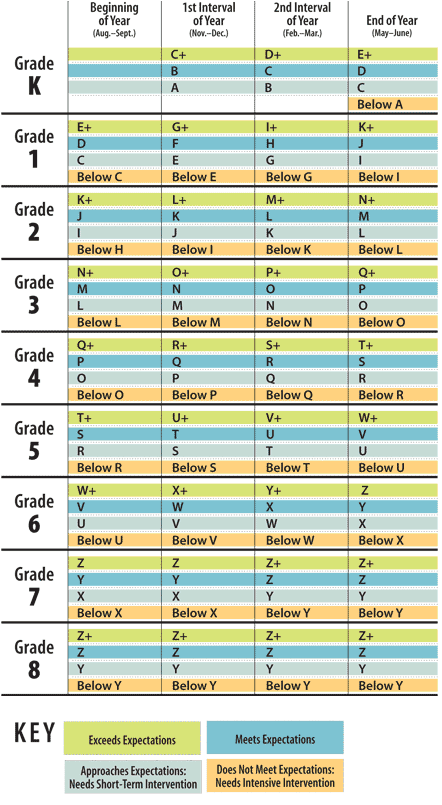 ..
..
But the rain stopped and a warm gentle sun came out.
(According to M. Prishvin)
(129 words)
Questions and assignments:
1. As an author describes a forest waiting for rain?
2. Who hid from the rain under a thick hospitable spruce?
3. Dream up: if you were in such a hut, what do you feel good about I would think under the spruce?
level
WHIP.
- Grandfather, look what a whip I found! Grandfather raised his glasses to his forehead. - Look, you are a belt! And, in any way, woven into six ends.
I swung the whip and clicked loudly.
- Clever... And where did you find it?
- And on the road.
- And you don't know whose whip it is?
I shrugged as naturally as possible. Although I certainly knew whose whip is this. Grandfather Egor! He just went to the station yesterday and, apparently, dropped him, returning drunk in the evening. Grandfather sighed:
Although I certainly knew whose whip is this. Grandfather Egor! He just went to the station yesterday and, apparently, dropped him, returning drunk in the evening. Grandfather sighed:
- The day has just begun, and you have already sinned twice: someone else took the whip for me too lied.
And again he began to beat off the scythe. When finished, he called me:
- Hey, Vovk, I keep thinking, where are you going to crack this whip. On the street is not allowed. Suddenly Egor will see or the guys. And they will tell him. AT garden, right? But you can’t swing there - there is no space. This is how it turns out - you need to hide it.
In the evening, at the samovar, grandfather again spoke of the whip.
- Well, have you thought about where you are going to hide it? Under the pillow it's like most reliable...
I blushed. I was just thinking about exactly this - where to hide the whip. And grandfather continued, slowly sipping from the saucer:
- Taking someone else's thing is a simple matter. But hide it so that the owner does not I saw - here you need to think hard. But you are a big head. Mother says - you study for one five ...
But hide it so that the owner does not I saw - here you need to think hard. But you are a big head. Mother says - you study for one five ...
Red and sweaty - not from hot tea, but from grandfather's mocking eyes - I slowly got down from the bench, in the entrance hall I took a whip and went out gardens.
Finally clicked there, and without any pleasure, wandered country path to the house of grandfather Yegor. And then he suddenly ran: so I I wanted to get rid of this ill-fated whip as soon as possible.
(V. Volkov)
(261 words)
Questions and assignments:
1. Where do the events described in the text occur? Justify your answer: write out the words from text confirming your choice.
a) In the town;
b) in the village.
2.B What time of day do the events described in the text take place?
a) In the morning;
b) morning, afternoon, evening;
c) in the morning, in the evening.
4. What find does the grandson show off to his grandfather?
5. Where did Vovka find the whip?
6. What was the joy of owning a whip?
a) Clicking loudly;
b) brag to the guys;
c) store under pillow.
7. What sins, according to the grandfather, did the grandson commit?
8. Why, according to grandfather, you can not snap a whip in the street?
9. What advice did the grandfather give to his grandson?
10. Why did Vovka want to get rid of the ill-fated whip?
11. What moral lesson did the grandson learn?
FUNNY CUCKOO.
Gunnar and Gunilla's mother sighed.
- Mom, what time is it? - with this question, the children turned to their mother and father every hour.
Dad is also tired of fulfilling the incessant requests of the children, even he!
“I think,” he decided, “to buy the children their own watches.
And tomorrow.
Dad brought the clock and immediately hung it on the wall. And told that These cuckoo clocks are made in Switzerland.
And told that These cuckoo clocks are made in Switzerland.
An amazing gift, thought Gunnar and Gunilla.
When the hands of the clock struck ten, the cuckoo jumped out and sang ten times.
- How do you think she knows how many times she needs cuckoo? Gunilla asked.
- Of course, why. This mechanism works.
But then a real miracle happened. The window opened and from there jumped out a small wooden cuckoo.
- I know mathematics well, so I can count well, - said the cuckoo.
"She... she can count," whispered Gunnar.
“Of course, I can also speak,” cuckoo cuckooed. She flew down and sat down on the back of the bed.
- Aren't you attached to a watch? the children asked.
- Of course not. It's just the way people think. Only mom shouldn't talk. This is a secret that only children can know, - the cuckoo answered and disappeared into the clock again.
The cuckoo flew out the window many times and each time brought gifts to the children.
But then mother came in.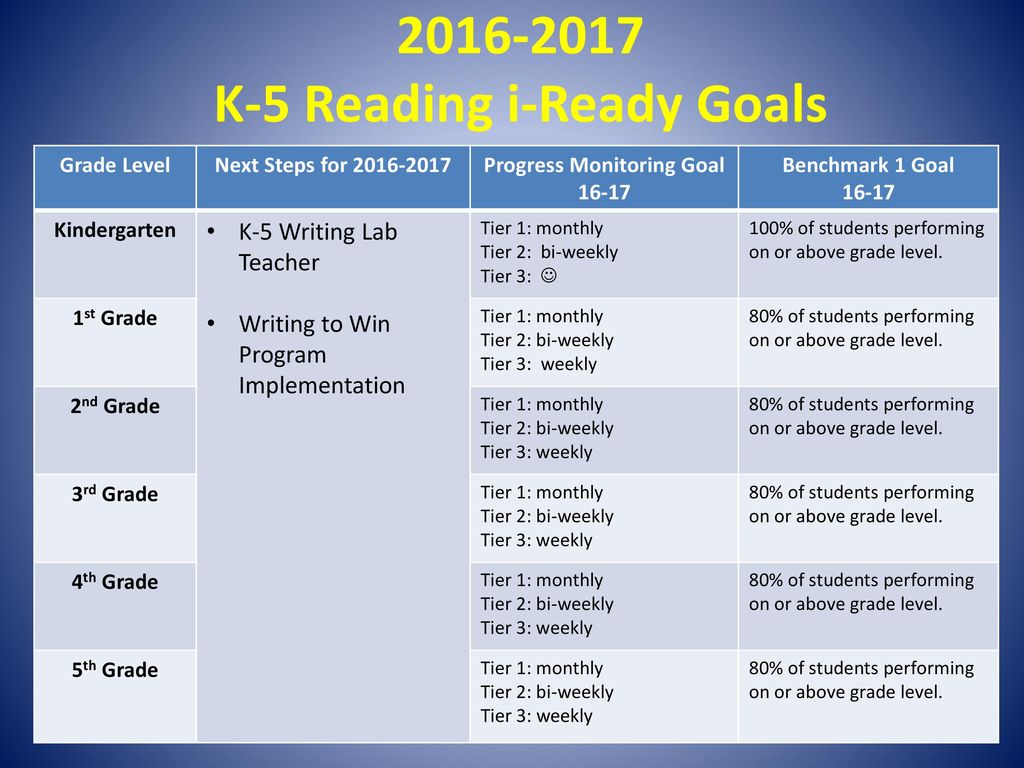 She wished the children good night. At the same In a moment the window opened and a cuckoo jumped out and sang. She sang and sang and then cuckooed twenty-six times. Mom was stunned.
She wished the children good night. At the same In a moment the window opened and a cuckoo jumped out and sang. She sang and sang and then cuckooed twenty-six times. Mom was stunned.
"Probably the mechanism has gone bad," she said. And the children, climbing under blanket, laughed out loud. After all, only children are supposed to know about miracles.
(A. Lindgren)
(245 words)
Questions and assignments:
1. How parents decided to get rid of numerous questions of children?
2. What was it for an "amazing gift"? Describe it.
3. What the secret was revealed to the children?
4. Compose outline of this text.
4th quarter
1st level
WHICH IS EASIER.
Three boys went to the forest. In the woods mushrooms, berries, birds. The boys were walking. Didn't notice how the day went by. will fall at home!
will fall at home!
So they stopped on the road and think what is better: to lie or to tell the truth?
“I will say,” says the first, “that a wolf attacked me in the forest. frightened father will not scold.
- I'll tell you, - says the second one, - that I met my grandfather. The mother will be happy and not will scold me.
- And I'll tell the truth, - says the third. It's always easier to tell the truth because it's true and you don't need to invent anything.
So they all went home. Just said the first boy father about the wolf - look, the forest watchman is coming.
- No, - he says, - there are wolves in these places.
Father got angry. For the first guilt he got angry, but for a lie - twice.
The second boy told about his grandfather. And grandfather is right there - he is coming to visit.
Mother found out the truth. I got angry for the first guilt, but for a lie - twice.
And the third boy, as soon as he came, he confessed everything from the threshold.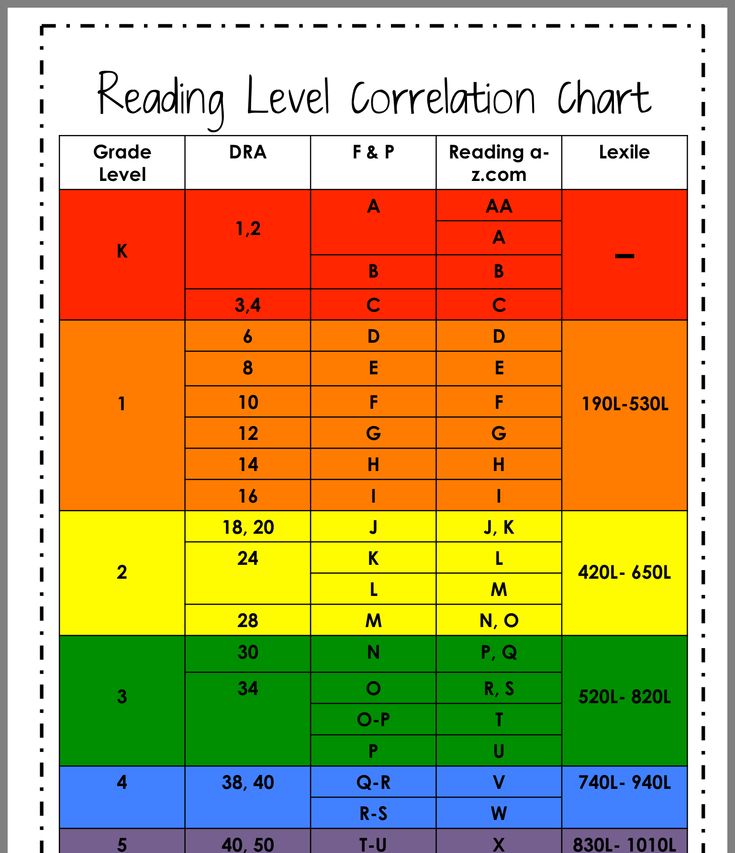 My aunt grumbled at him and forgave him.
My aunt grumbled at him and forgave him.
( V. Oseeva )
( 157 words )
Questions and assignments:
1. Why Did the boys notice how the day went?
2. Why were the parents angry with the first and second boys?
3. Why is it always better to tell the truth?
2 Level
Mount HARE.
Once the Hare complained about his fate: “There is no more unfortunate than me, he says to himself, who only does not hunt for me: and a man and a dog, and a wolf, and a fox, and a hawk, and a goggle-eyed owl, even a stupid crow, and that takes away my children. I have nothing to defend. I can't jump like a squirrel trees. I can't dig a hole like a mouse. My teeth are sharp, but to bite the enemy lacks courage. It is worth hearing a rustle, and my heart is already pounding from fear, and I run without looking back. True, it's not so easy to catch up with me, and that's good, that my tail is short: the dog will not grab it.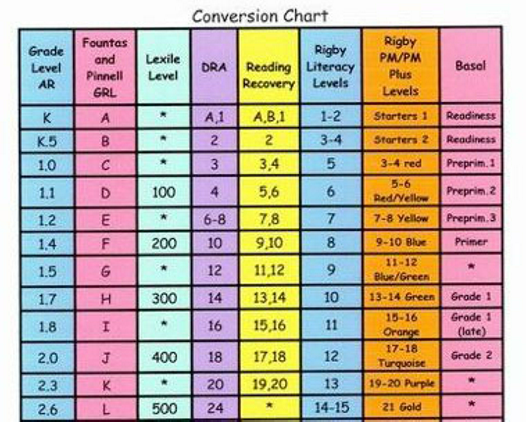 But still there is no salvation for me, In less than a year, I will be caught and killed. I live in fear all the time! How so to live, it is better to die!”
But still there is no salvation for me, In less than a year, I will be caught and killed. I live in fear all the time! How so to live, it is better to die!”
In desperation, the Hare ran to the river drown. He ran to the very shore and heard something jump out of him. from under his feet and flopped into the water. Hare guessed that it was a frog, and became thoughtful: “Wait, you see, I'm not the most cowardly in the world. It turns out that there are creatures who are afraid of me. Besides, they don't know how to run, I can even crush them. And they don't have warm skin. But they live and are not going to die! Why then I have to drown? Not! I'm not the most cowardly in the world yet. I still have to I will live!” - exclaimed the Hare and merrily ran along the road.
(Kazakh folk tale)
(232 words)
Questions and assignments:
1. Why Hare considered himself the most unfortunate?
2. Like a frog changed the opinion of the hare about yourself?
3. What does it teach story?
What does it teach story?
CHIZHIK - PYZHIK.
In autumn, Mavrik begged his grandmother to buy him a siskin, and grandmother bought. "Here's your Chizhik-Pyzhik," she said and put it on a large cage table. - Take care of him. Don't forget to drink and feed. And will come spring - release.
Mavrik was delighted: now Chizhik-Pyzhik will not have to freeze in the wind and fly tired from place to place to get food.
Every week, Mavrik cleaned the cage, changed the water in the drinker and poured plenty into grain feeder.
The chizhik lived in warmth all the long winter. And when spring came Mavrik took a cage with a chizhik through the whole city into the forest.
I fell in love with a stump, put a cage on it and opened the door. And you stepped aside.
- Fly, Chizhik-Pyzhik, fly free!
Chizhik jumped onto the threshold of the cage... and back into the cage.
- Why don't you fly, stupid?
And then the siskin seemed to understand what they wanted from him, flapped his wings and fluttered out of the cell. I looked around, and then I heard the call of a chizhin and flutter-flutter -
I looked around, and then I heard the call of a chizhin and flutter-flutter -
from branch to branch, from tree to tree - flew into a birch grove ...
(E. Permyak)
(162 words) Questions and assignments:
1. What did you want to get a boy for a gift? Who fulfilled his cherished dream?
2. What season did the siskin live near Mauritius? Support your thoughts with words from text.
3. Read the passage about how Mavrik released the siskin at will.
4. How did you feel when you read how the boy let out free bird? Why did you think so?
5. What proverb did you remember in connection with the plot of this passage?
Level 3
THIS FABLE IS ABOUT YOU.
Yes, the ingenious way was invented in ancient times by the sages, how, without causing a direct offense to a person, nevertheless tell him the truth in the eye. They are gave people a glimpse into a wonderful mirror in which all kinds of animals and strange things, which were a spectacle as entertaining as instructive. The sages called this mirror a fable, and no matter what the animals do, everything reasonable and stupid people involuntarily attributed to themselves and at the same time thought: this fable folded about me. Therefore, no one could be angry with the fable.
The sages called this mirror a fable, and no matter what the animals do, everything reasonable and stupid people involuntarily attributed to themselves and at the same time thought: this fable folded about me. Therefore, no one could be angry with the fable.
Let's take an example.
There were two high mountains, and on their tops stood castle. Down in the valley a hungry dog roamed, sniffing the ground in search of mice or partridges. Suddenly a trumpet sound was heard from one castle; he proclaimed that they are about to sit at the table. The dog immediately rushed up the mountain, hoping that a piece will fall to her, but before she had time to run halfway, they stopped trumpet, but trumpeted in another castle. Then the dog thought that in the first castle she will not be in time, apparently, they have already dined there, but in the second they are still only at the table sit down. She escaped from this mountain and rushed to another. Here they trumpeted again the first lock, but in the second the trumpet fell silent. The dog ran down again and again rushed up the mountain; so she ran back and forth until the both pipes, because both here and there they had already dined.
The dog ran down again and again rushed up the mountain; so she ran back and forth until the both pipes, because both here and there they had already dined.
Well, guess what the ancients wanted to say with this fable wise men and who is this fool who runs until he falls off his feet, but nothing and finds neither here nor there?
( 256 words )
( H.K. Andersen )
9000
and assignments:
1. Select the closest explanation of the meaning of the phrase "brilliant way."
a) The best, perfect;
b) the most successful;
c) very correct.
2. Explain with the help of other words the meaning of the word "sage".
a) An old man;
b) a man of great intelligence and experience;
c) a person who invents incredible stories.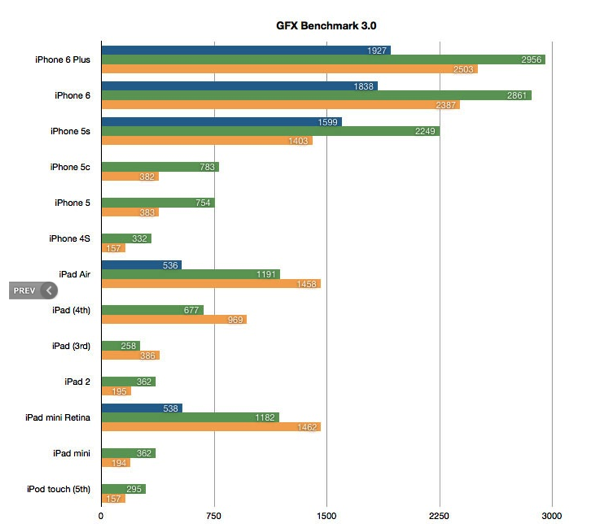
3. What genre H.K. Andersen called it a "wonderful mirror"?
a) Fairy tale;
b) a fable;
c) story.
4. Why on fable no one could get angry?
a) Only good things are said about people;
b) human shortcomings are discussed in the context of animals and outlandish of things;
c) describe events that cannot happen in people's lives.
5. Think which expression helps to understand the main idea of the fable better than others.
a) “Who gets up early, God gives him”;
b) "If you chase two hares, you won't catch one";
c) "Hurry, you'll make people laugh."
6. Reply to question H.K. Andersen: what did the ancient sages want to say with this fable?
Literature used:
1. Newspaper 1 September "Primary School"
2. "We teach children observe and tell. O.V. Marinicheva, N.V. Elkin. Yaroslavl. academy development. Academy Holding 2002
Academy Holding 2002
3.Kazakh folk tales. T. Daurenbekov. Alma-Ata "Kitap" 1979
4. Collection texts for presentations in elementary grades. IN AND. Yakovleva Moscow "Enlightenment" 1972
5.Internet resources.
The quality of diagnosing dyslexia depends on the complexity of tests - Nauka - Kommersant They also help to determine which of the cognitive processes is impaired.
Photo: Dmitry Lebedev, Kommersant
Dyslexia is a common disorder that manifests itself in persistent reading difficulties. In Russia, symptoms of dyslexia appear in 10–15% of schoolchildren. Contrary to myths, dyslexia is not associated with pedagogical neglect or low intelligence - it is an innate feature of the child.
In the world of science for a long time it was believed that one of the main causes of dyslexia is a phonological deficit - the inability to distinguish phonemes, that is, speech sounds (the minimum meaningful units of the language), as well as to carry out all kinds of operations with them. Presumably, because of this difficulty, problems arise in the process of reading - at the stage of correlating letters with sounds.
Presumably, because of this difficulty, problems arise in the process of reading - at the stage of correlating letters with sounds.
The phonological deficit hypothesis explains why a child with dyslexia often fails on phonological tests. However, until now it has not been clear which of the phonological tests are best suited for diagnosing dyslexia.
Researchers from the Higher School of Economics, Moscow State University, and the Center for Speech Pathology and Neurorehabilitation suggested that phonological tests may differ in their level of complexity, in terms of the number of speech and cognitive processes that must be activated to successfully complete the task. Thus, the simple task of distinguishing sounds in short pseudowords (for example, "iva - yva") requires fewer cognitive processes: the sounds must be recognized, retained in memory and compared. A more complex task involves a whole complex of processes. So, in order to replace a sound in a word, you need to accurately hear the task, keep this task and the word itself in memory, highlight the desired sound in the word, mentally replace the sound and pronounce the resulting word aloud.
Researchers have suggested that more sophisticated phonological tests may better predict a child's risk of dyslexia than simpler ones. This is due to the fact that more processes are required to successfully complete complex tests, some of which overlap with the processes required for successful reading.
To test this, the researchers compared the performance of various phonological tasks by children with and without dyslexia. The study used a battery of seven phonological tests ZARYA, a comprehensive diagnostic tool developed at the National Research University Higher School of Economics. It includes phonological tests of different levels of difficulty, depending on how many language processing processes need to be involved in order to successfully complete the tasks.
The study involved 173 children aged 7–11 (grades 1–4) from Russian schools. Forty-nine of them had a clinical diagnosis of dyslexia, and the remaining participants had no difficulty in learning to read.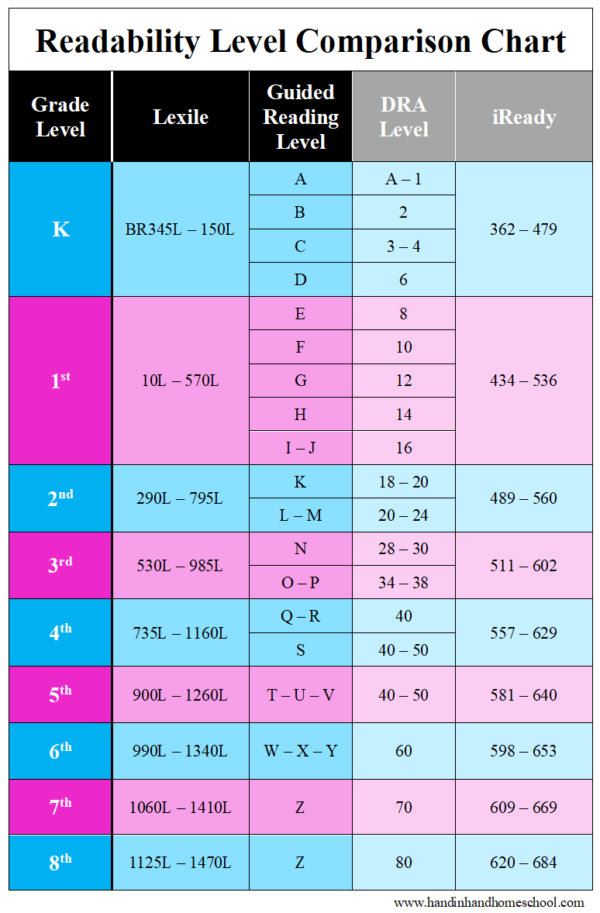 In all children, the level of development of non-verbal intelligence was not below the norm, and the absence of primary hearing impairments was additionally checked.
In all children, the level of development of non-verbal intelligence was not below the norm, and the absence of primary hearing impairments was additionally checked.
A comparison of the results of the two groups showed that children with dyslexia cope with the simplest phonological tests - to distinguish similar sounds and differentiate between real words and made-up words that differ from real ones by one or two sounds - just as well as schoolchildren who do not experience difficulties with reading. However, more complex tasks were given to children with dyslexia much more difficult.
The best predictor of a child's dyslexia was their performance in the tasks of naming the first sound in a word and replacing the sound in a pseudoword - these tasks involve the most speech and cognitive processes, from working memory to articulation.
Presumably, as task complexity increases, so does overall cognitive load—the ability to perform several different processes quickly or almost simultaneously. Therefore, a greater number of children with dyslexia do not cope with such tasks.
Therefore, a greater number of children with dyslexia do not cope with such tasks.
According to the researchers, comparing the composition of cognitive processes in tests that a child performed successfully and those in which he did not cope can help determine which process is impaired, which provides valuable information for correction planning.
Half of the dyslexic children in the sample could not cope with the most difficult phonological tasks. This can signal both difficulties with the implementation of individual processes (phonemic analysis, speech working memory, articulation coordination), and an inability to withstand a general increase in cognitive load. Another 50% of children with dyslexia completed the tasks of all phonological tests at the normal level. Perhaps the cause of the reading disorder is another deficit or a combination of deficits, the researchers suggest.
Svetlana Dorofeeva, author of the study, researcher at the HSE Center for Language and Brain:
— How is dyslexia now defined?
— If the question is about the definition of the term, then in the Russian tradition dyslexia is understood as a specific disorder in the processes of reading acquisition, which has a neurobiological basis (features of the structure and / or functioning of the brain) and manifests itself in numerous repetitive errors of a persistent nature, despite a sufficient level of intellectual and speech development and the absence of violations of the auditory and visual analyzers.
If the question is about the diagnosis of dyslexia, then it is more difficult to answer unequivocally. The experience of countries in which this problem has been actively dealt with at the state level for a long time shows that in order to reliably detect violations, standardized protocols are needed to assess both the reading skill itself and a number of cognitive functions, the successful development of which is important for reading.
To assess reading skills, specialized batteries of reading tests of various types are used (reading words, pseudo-words, sentences, texts of various levels of complexity). Tests for reading of various types are necessary in order to assess how exactly the reading process is impaired in a particular child (for example, whether the success of reading depends on the need for morphosyntactic processing, on the presence of context, on the frequency of words, etc.).
To evaluate reading-important functions, standardized batteries are used to assess phonological processing skills, visual perception, general speech development, non-verbal intelligence, etc.
the transition to such a diagnosis being established collectively - for example, parents are advised to contact the PMPK (psychological-medical-pedagogical commissions). In view of the complexity of the possible structure of the disorder (reading can be impaired in many different ways for many different reasons), an integrated approach to diagnosis is warranted.
The main problem at present, in our opinion, is the low inter-expert reliability of diagnostics. In particular, by referring to three different specialists about the risk of developing dyslexia, parents can get different diagnoses for their child. This, in turn, is due to the fact that a sufficient number of standardized tools for assessing reading skill have not been developed for the Russian language (there was only one standardized test for assessing reading skill at the text level) and important reading functions, normative data have not been collected and control diagnostic levels are defined, diagnostic protocols are formalized.
The development of such tools, and especially their standardization, are rather time-consuming tasks. The HSE Center for Language and Brain has been working in this direction since 2017. A phonological battery has been developed, standardized and tested through a series of studies, and a battery of visual tests and a battery of reading tests are under development.
— Why do HSE experts think that more sophisticated phonological tests can better predict a child's risk of dyslexia?
- This is shown by the results of our study. We collected data from children without reading difficulties and children with clinically diagnosed dyslexia, analyzed in different ways (intergroup comparisons, calculation of sensitivity and specificity of each of the series of phonological tests, ROC analysis, analysis using linear models) and found that it is complex tests that involve a greater number of speech processes that better predict reading disorders.
— How was the study?
— We have developed a battery of phonological tests ZARYA (sound analysis of the Russian language) especially for the Russian language. When developing, we relied both on the experience of foreign studies and samples of phonological batteries for English and other European languages, as well as on the domestic tradition and a neuropsychological approach to studying learning difficulties.
When developing, we relied both on the experience of foreign studies and samples of phonological batteries for English and other European languages, as well as on the domestic tradition and a neuropsychological approach to studying learning difficulties.
Using the experience of Western research, we have developed for each test sets of stimuli that allow for reliable quantitative assessment, described and applied an unambiguous protocol for testing and evaluation of results. Using the experience of domestic neuropsychologists, we have selected such a set of tests themselves so that it is possible to assess the contribution of various speech processes to the level of development of the phonological processing skill in a person undergoing testing. We assessed each task in terms of whether it involved primary speech perception, auditory-speech memory, lexical access, phonemic analysis, phoneme operations, speech production processes, and articulation.
Moreover, our battery has two important advantages: a strong linguistic component and a convenient tablet form. In other words, it was difficult to make it (we selected stimuli both taking into account the observations of domestic speech therapists about what type of mistake children with dyslexia make more often, and taking into account a number of psycholinguistic parameters: the age of learning words, their frequency, syllabic structure, articulatory complexity, and etc.), but it is quite easy to use (all stimuli are recorded by the speaker in the studio, presented to all participants in the same way, the results in the comprehension tests are recorded and calculated automatically, the answers in the generation tests are recorded, they can be re-listened, marked in the application, and the program will also calculate the results and display them in comparison with the norms; the norms have so far been collected only for children in grades 1-4). To date, there is no phonological battery of tests for any language in the world that would have all these advantages at the same time.
In other words, it was difficult to make it (we selected stimuli both taking into account the observations of domestic speech therapists about what type of mistake children with dyslexia make more often, and taking into account a number of psycholinguistic parameters: the age of learning words, their frequency, syllabic structure, articulatory complexity, and etc.), but it is quite easy to use (all stimuli are recorded by the speaker in the studio, presented to all participants in the same way, the results in the comprehension tests are recorded and calculated automatically, the answers in the generation tests are recorded, they can be re-listened, marked in the application, and the program will also calculate the results and display them in comparison with the norms; the norms have so far been collected only for children in grades 1-4). To date, there is no phonological battery of tests for any language in the world that would have all these advantages at the same time.
The study involved children aged 7-11 years, students of primary school. 124 children without learning difficulties and 49 children with clinically diagnosed dyslexia were recruited. All participants in the study had a level of non-verbal intelligence not lower than the age norm (we checked this using the Raven test), there were no primary hearing impairments (we checked this using audiometry), there were no uncorrected visual impairments, as well as mental and neurological disorders, brain injuries and brain surgery (according to information from the parents of the participants).
124 children without learning difficulties and 49 children with clinically diagnosed dyslexia were recruited. All participants in the study had a level of non-verbal intelligence not lower than the age norm (we checked this using the Raven test), there were no primary hearing impairments (we checked this using audiometry), there were no uncorrected visual impairments, as well as mental and neurological disorders, brain injuries and brain surgery (according to information from the parents of the participants).
For each child in both groups, we assessed text reading skills (for additional verification of the diagnosis of dyslexia) and assessed phonological processing skills in detail (using all tests of the ZARYA battery). Testing took place individually, in a comfortable environment for children. At the end of testing, each child received a small gift, and parents, if desired, could receive an individual report on the results of passing all tests by their child.
- What did it show?
— We conducted several analysis options: intergroup comparisons, calculation of the sensitivity and specificity of each of the seven phonological tests, ROC analysis, analysis using linear models. The results showed that it is complex tests that involve a greater number of speech processes for their successful implementation that better predict reading disorders, and allow better classification of children as having or not having dyslexia.
The results showed that it is complex tests that involve a greater number of speech processes for their successful implementation that better predict reading disorders, and allow better classification of children as having or not having dyslexia.
It is worth noting that this was the first detailed study of phonological processing skills in Russian-speaking children with dyslexia - there were no tools for this before. In our sample (where we controlled for the absence of primary hearing impairment and non-verbal intelligence impairment), we found that almost all dyslexic children performed well on simple phonological tasks (90–96%). This suggests that the majority of Russian-speaking children with dyslexia do not have difficulty distinguishing individual speech sounds. Difficulties arise when it is necessary to track the presence of certain sounds in the speech stream, perform operations with phonemes, involve auditory-speech working memory and articulation. The more such processes were required to successfully complete a particular phonological test, the better the test predicted both reading outcomes and risk of dyslexia.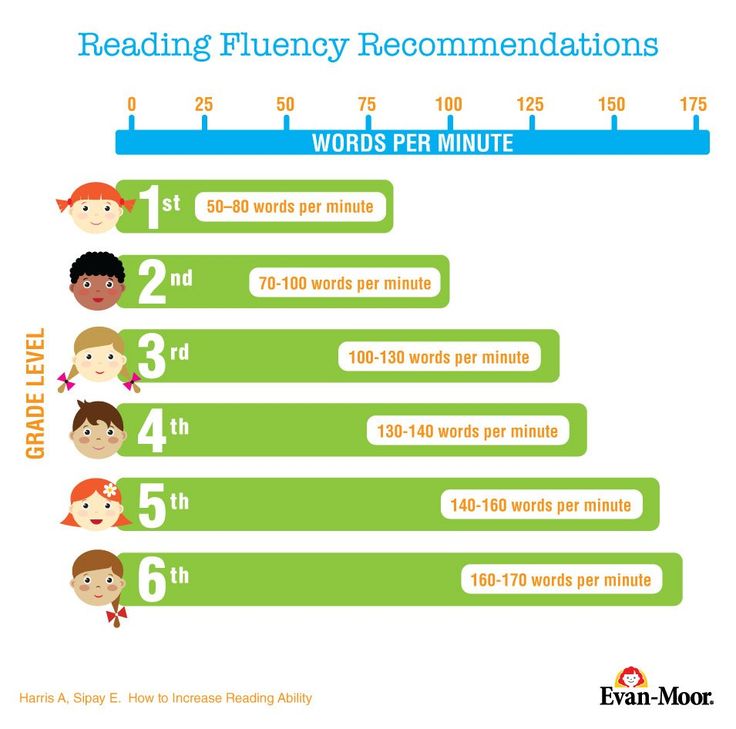 At the same time, individual variability in the development of phonological processing skills is quite large.
At the same time, individual variability in the development of phonological processing skills is quite large.
Up to 50% of the dyslexic children in our sample had complex phonological processing impairments. It can be argued that it is these children with dyslexia who need the help of speech therapists in the first place. It is worth noting that in this study we paid special attention to the phonological hypothesis of dyslexia. However, other factors can also be the causes of reading disorders: features of visual and visuospatial perception, features of the development of executive functions, etc. These factors deserve close attention in further research.
— Why is early detection of dyslexia important in children?
— The lack of timely diagnosis leads to the fact that the child does not receive the necessary assistance and this negatively affects the entire learning process, hinders the growth of basic knowledge and becomes an extremely difficult life experience for both the child and his family members.


